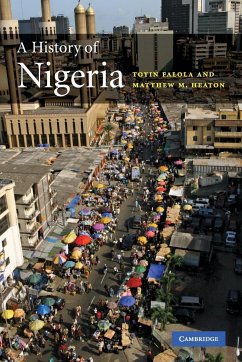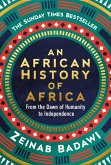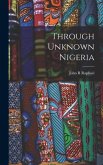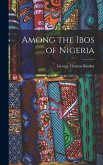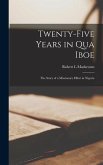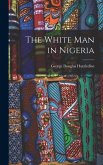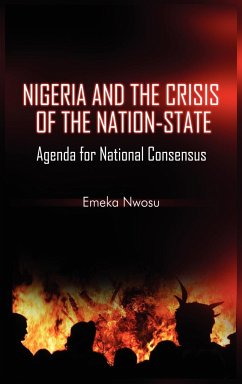Nigeria is Africa's most populous country and the world's eighth largest oil producer, but its success has been undermined in recent decades by ethnic and religious conflict, political instability, rampant official corruption and an ailing economy. Toyin Falola, a leading historian intimately acquainted with the region, and Matthew Heaton, who has worked extensively on African science and culture, combine their expertise to explain the context to Nigeria's recent troubles through an exploration of its pre-colonial and colonial past, and its journey from independence to statehood. By examining key themes such as colonialism, religion, slavery, nationalism and the economy, the authors show how Nigeria's history has been swayed by the vicissitudes of the world around it, and how Nigerians have adapted to meet these challenges. This book offers a unique portrayal of a resilient people living in a country with immense, but unrealized, potential.
Hinweis: Dieser Artikel kann nur an eine deutsche Lieferadresse ausgeliefert werden.
Hinweis: Dieser Artikel kann nur an eine deutsche Lieferadresse ausgeliefert werden.
'This book by Falola and Heaton, two experienced and now famed collaborators, is a remarkable new addition to the growing library on a general history of Nigeria. Profiting from the weaknesses and strengths of its predecessors, it treats not only Nigerian politics, administration and economy but focuses also on culture and social history especially on art, music, literature and drama. Its social-scientistic treatment of the key issues across ethnic and regional boundaries gives it a refreshing new flavour. It will surely meet most of the needs of those within the academy and outside it who want to get a less slippery grip on the box of puzzles and bafflements known as Nigerian politics and affairs.' Professor A. E. Afigbo, Nigerian National Order of Merit, Ebonyi State University, Abakaliki

